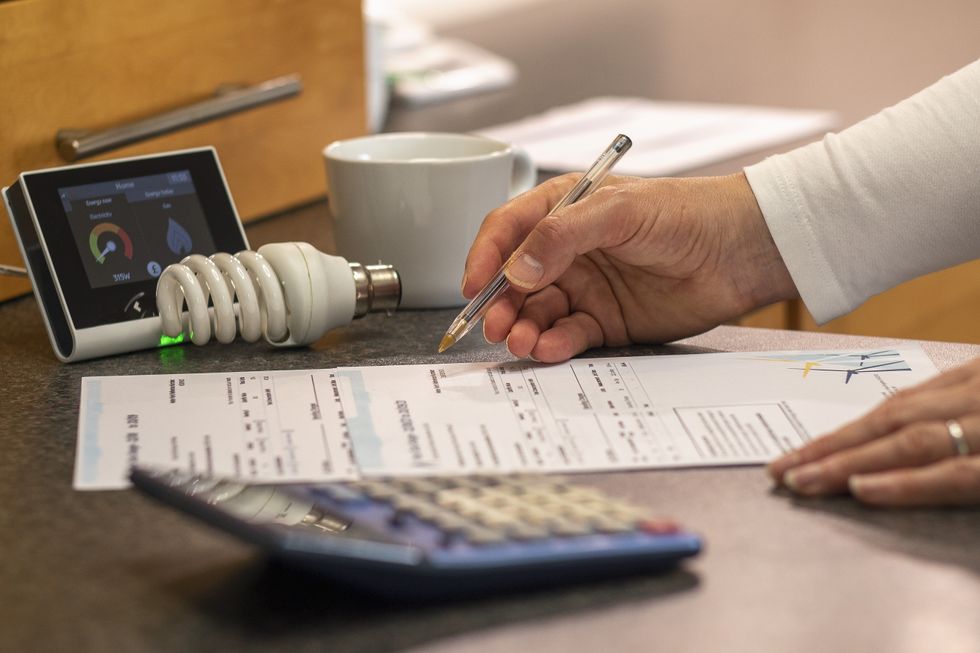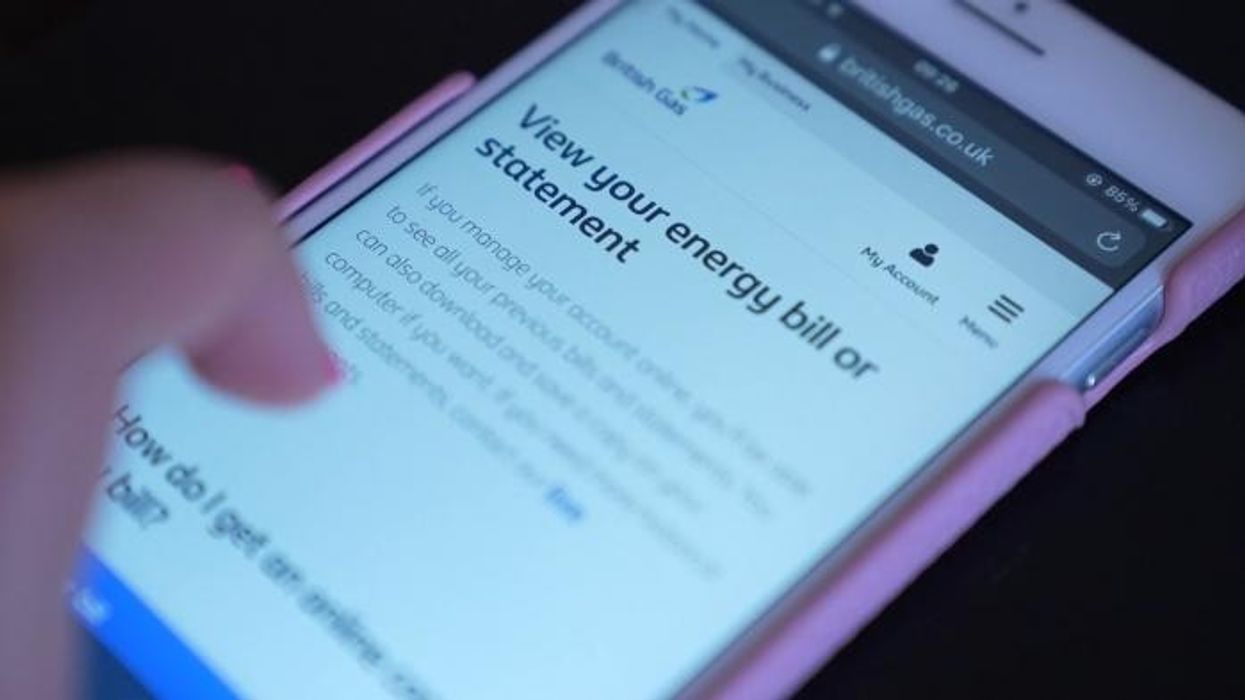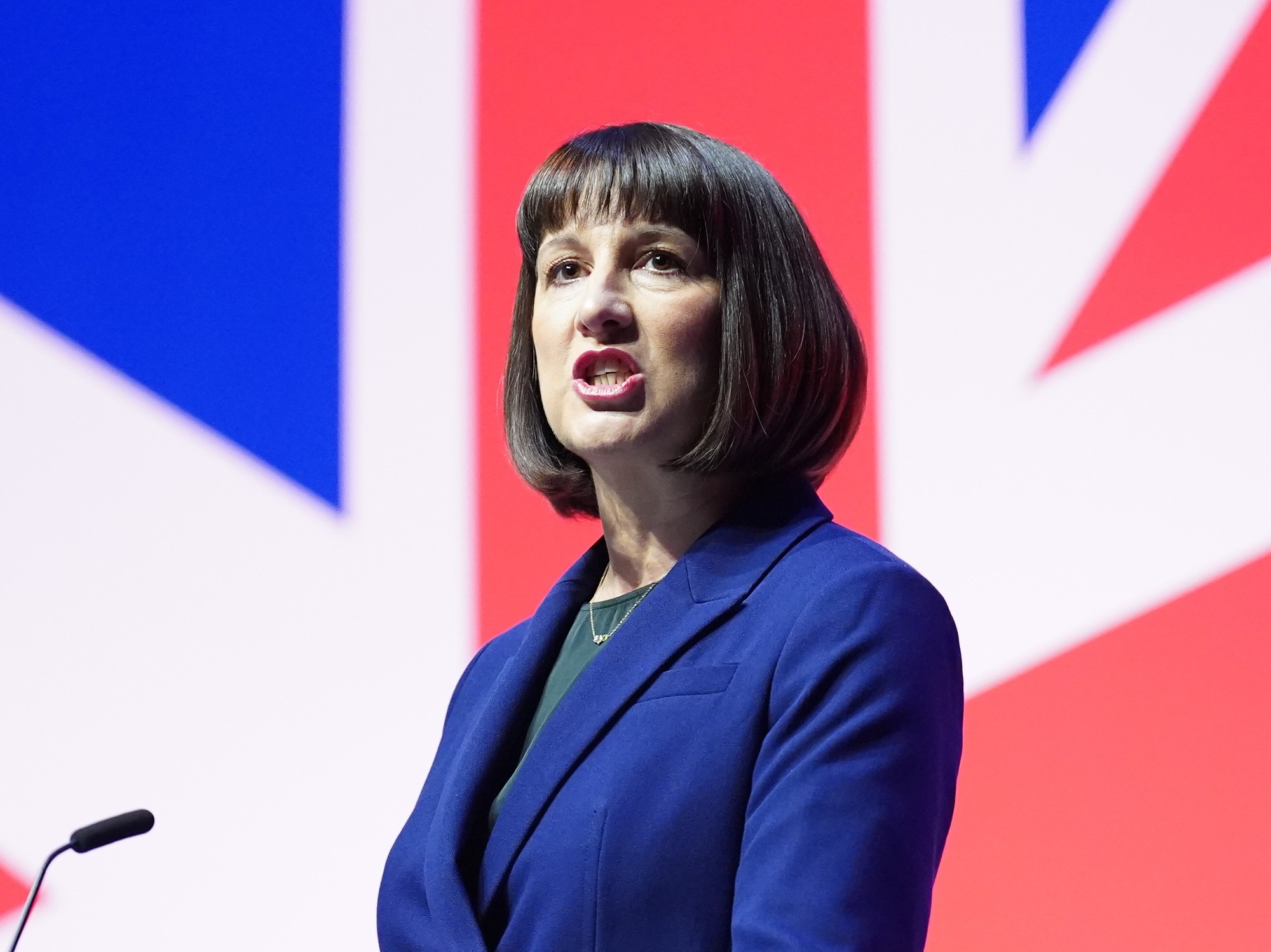The energy price cap is the maximum amount energy suppliers can charge consumers for each unit of energy if they're on a standard variable tariff
Don't Miss
Most Read
Trending on GB News
Millions of households will be paying more for their gas and electricity now that the energy cap has increased by five per cent, due to higher wholesale costs faced by suppliers.
The typical annual household bill will increase from £1,834 to £1,928, a rise of £94, according to Ofgem and the regulator's price cap affects 29 million households in England, Wales and Scotland.
The energy price puts more financial pressure and worry on billpayers like Nick Moss, at the coldest time of year.
The father-of-two lives in Leeds and told GB News: “It’s definitely a lot harder with energy bills and prices going up.

Nick Moss told GB News life is 'a lot harder' with energy bills and prices having risen
GB NEWS
“This winter we’ve held off from putting the heating on. Luckily, it was coming in the cold weather, but eventually, we had to give in and put the heating on and then you realise that the heating is on all day, so you’ve got to try and think about that to turn it on and off when you need it.
“I’ve been trying to bleed radiators and make sure I’m getting them as efficient as possible. I haven’t seen my electricity bill yet, but I know it’s going to be a lot higher than it was this time last year.
“I am going to budget a lot more going forward, that’s my New Year’s Resolution.”
UK homes are some of the least efficient in Western Europe when it comes to heat loss.
British glass industry experts say as many as 80 million windows in UK houses need replacing to allow Brits to cut down on energy used to warm their homes.
This is according to a new report published by the Glass and Glazing Federation, which found that replacing older double-glazed windows with new ones that meet current standards could reduce heat loss in an already insulated home from 44 per cent to 22 per cent.
Richard Abrahams is the Managing Director of Elmhurst Windows in Leeds.“Everybody is looking at their smart meter and seeing how their energy bills are spiralling out of control, and ultimately if you have windows that were installed over 20 years ago, you will be losing money on your energy bills,” he told GB News.
“Hence the new [double glazed] windows will give you a more energy efficient situation, and probably save you between £400 to £500 as a minimum over the year, which is significant, and also the heat loss with new windows should be reduced by around 20 to 30 per cent, so it’s a win-win to get your windows replaced.”
First-time homeowner Tim Stratton, in Leeds, is one of millions in England with an energy inefficient house.
He’s investing in a new PVC door and double-glazed windows from Elmhurst Windows to reduce his household bills.
LATEST DEVELOPMENTS:

Ofgem's new energy price cap has come into effect
GETTY
He’s investing in a new PVC door and double-glazed windows from Elmhurst Windows to reduce his household bills.
“You can just feel that because the double glazing is very old and very thin and in some areas it has kind of worn through, it’s very cold to the touch and obviously that radiates into the room,” he told GB News.
“With the example of the front door, there are gaps around the edges and particularly through the letterbox as well, you do actually feel if it’s windy or cold, you do feel a physical draft coming through, so it’s not the most comfortable at certain times.
“You’re looking at potentially 20 to 30 per cent higher bills at the moment, so hopefully come middle of the winter when the work is going to get done, then I’ll see a noticeable difference in the bills I’m paying, fingers crossed.”
From January the price of gas will be 7p per kilowatt hour (kWh), and electricity will 29p per kWh.
Households on prepayment meters will see their typical annual bill rise to £1,960 and those who pay their bills every three months by cash or cheque will face a typical annual bill of £2,058.
Standing charges - a fixed daily charge covering the costs of connecting to a supply - will remain unchanged at 53p a day for electricity and 30p a day for gas.









